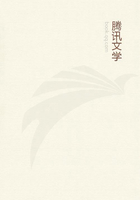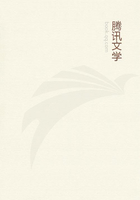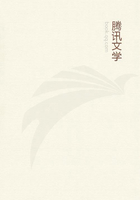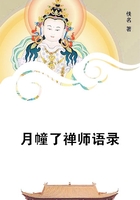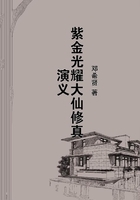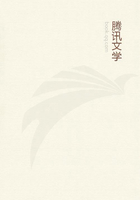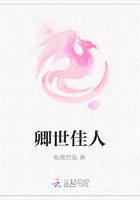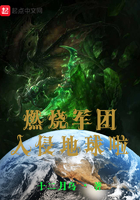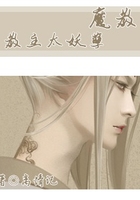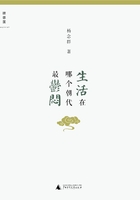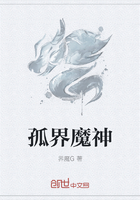allowed the Franciscans to go to China, and finally the country was opened to all Christian missionaries by Urban VIII. The presence of the new labourers in the vineyard was not productive of so good results as might have been expected. A fierce controversy that broke out regarding the Chinese Rites[5] principally between the Dominicans and Jesuits, did much to retard the progress of the Catholic Church in the Celestial Empire for a long period. To understand the meaning of this controversy it should be remembered that the Chinese people, deeply attached to the memory of their ancestors and to their veneration for Confucius, were accustomed to perform certain rites and ceremonies at fixed periods in memory of their departed relatives and in honour of Confucius. To prohibit these was to put an end to all hope of conversion, and to tolerate them looked like tolerating Paganism. Father Ricci decided to tolerate them, mainly on the ground that they partook more of a civil than of a religious character, that in themselves they were harmless, that the Church has been always very prudent in regard to the national and civil customs of its converts, and that with the acceptance of Christianity all danger of misunderstanding would soon disappear. Furthermore, for want of better names for the Deity Father Ricci allowed the use of Tien-tschu (Lord of Heaven), Tien and Shangti (supreme emperor), words that had been used hitherto in an idolatrous sense, but which in themselves and as explained by the Jesuit missionaries were orthodox enough. Both parties in the controversy meant well, and each could adduce very convincing arguments in favour of its own views. The Dominicans commissioned one of their number to denounce these customs to Rome as idolatrous. He submitted seventeen articles dealing with the Chinese Rites to the Inquisition, and after a long discussion a provisional condemnation was issued by Innocent X. (1645). Father Martini went to Rome to defend the Chinese Rites, and to point out the serious consequences which such a sweeping condemnation might have upon the whole future of Christianity in China. In 1656 a decision more or less favourable to the Jesuits was given by Alexander VII. The decision helped to prolong rather than to settle the controversy. A crisis was reached, however, when Maigrot, vicar-apostolic of Fu-Kien, one of the priests belonging to the Society for Foreign Missions, denounced the Chinese Rites as pure paganism, and interdicted their observance to all converts within his jurisdiction. The case was carried once more to Rome, and de Tournon was despatched as papal legate to decide the case. In 1707 he issued a decree prohibiting the Chinese Rites, incurring thereby the enmity of the Emperor, who had him thrown into prison where he died (1710). All missionaries who obeyed his orders were banished. The decision of the legate was supported by several decrees from Rome, and at last in 1742 Benedict XIV. condemned the Chinese Rites, and ordered that all missionaries to China should take an oath against further discussion of the question.
The controversy was carried on with considerable earnestness on both sides on account of the importance of the issues at stake, and was embittered considerably by political and religious disputes in Europe that had no concern either with China or the Chinese Rites. The condemnation had a disastrous effect on the missions. Nearly all the missionaries were banished from the country, and the Christians were obliged to choose between apostasy and death.
In Japan[6] St. Francis Xavier had begun the work of conversion. He left behind him two of his brethren who were joined soon by other members of the Society of Jesus, with the result that about the year 1582 there were between one hundred and two hundred thousand Catholics in the country. An embassy consisting of three of the native princes visited Rome in 1585. In many districts the local chiefs granted full liberty to the missionaries, and in a short time the number of Christians rose to three hundred thousand. Some of the authorities, alarmed by the rapid growth of foreign power in the country, began to whisper among the people that the Christian missionaries were only spies working in the interest of Spain and Portugal. A violent persecution broke out against the Christians in 1587, and lasted for several years. Notwithstanding the savagery of the Pagans and the punishments decreed against the missionaries the Jesuits weathered the storm, and fresh labourers arrived to support them in the persons of the Dominicans, the Franciscans, and the Augustinians.
But national jealousy of the foreigners, more especially of the Spanish and Portuguese, fomented as it was by the Dutch and English, led to new troubles for the Christian communities. In 1614 a royal decree was issued against the Christians, and a determined attempt was made to destroy the work of the missionaries.
Punishments of the most awful kind were inflicted on those who would not abjure the Christian faith, and many, both priests and people, were put to death. From 1614 till 1640 the persecution was carried on in a systematic and determined manner, so that by that time all the missionaries were either dead or banished, and the whole of the young communities they had formed were scattered. For years Japan remained closed against the missionaries who made various attempts to escape the vigilance of the authorities.
Whatever may be the explanation, whether it was due to the severity of the climate or to the savage character of the inhabitants, the Christian missions in Africa were not productive of much fruit. St.

